To provide the best experiences, we use technologies like cookies to store and/or access device information. Consenting to these technologies will allow us to process data such as browsing behaviour or unique IDs on this site. Not consenting or withdrawing consent, may adversely affect certain features and functions.
The technical storage or access is strictly necessary for the legitimate purpose of enabling the use of a specific service explicitly requested by the subscriber or user, or for the sole purpose of carrying out the transmission of a communication over an electronic communications network.
The technical storage or access is necessary for the legitimate purpose of storing preferences that are not requested by the subscriber or user.
The technical storage or access that is used exclusively for statistical purposes.
The technical storage or access that is used exclusively for anonymous statistical purposes. Without a subpoena, voluntary compliance on the part of your Internet Service Provider, or additional records from a third party, information stored or retrieved for this purpose alone cannot usually be used to identify you.
The technical storage or access is required to create user profiles to send advertising, or to track the user on a website or across several websites for similar marketing purposes.
 According to a recent report from NordVPN, people working from home are likely to spend more time in front of a computer screen than they did in the office. But this may be counter-productive according to RADA Business in a new report which claims that those who are able to take micro-breaks and relax are actually better prepared and more effective workers. regardless of where they are working from. (more…)
According to a recent report from NordVPN, people working from home are likely to spend more time in front of a computer screen than they did in the office. But this may be counter-productive according to RADA Business in a new report which claims that those who are able to take micro-breaks and relax are actually better prepared and more effective workers. regardless of where they are working from. (more…)









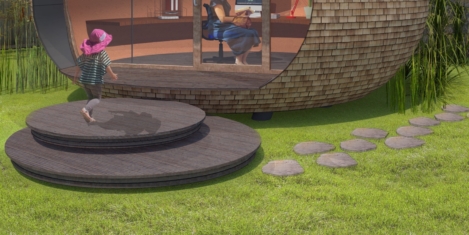

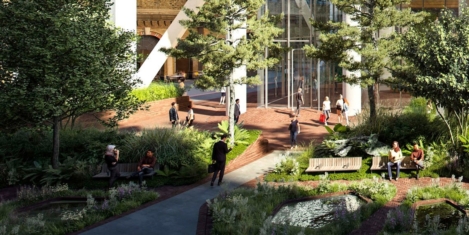
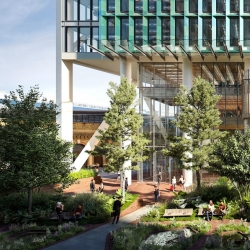


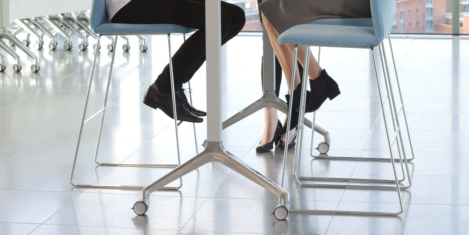

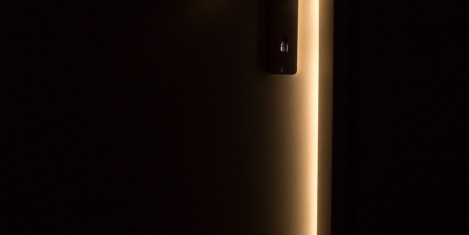
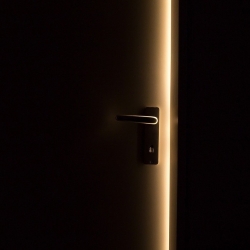
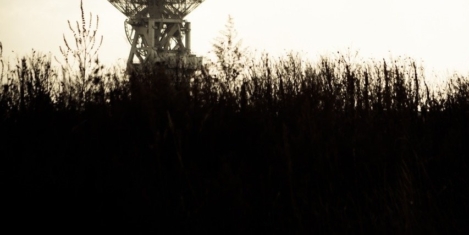
















April 27, 2020
The new ways of work in our lives after lockdown
by Ben Capper • Comment, Workplace design